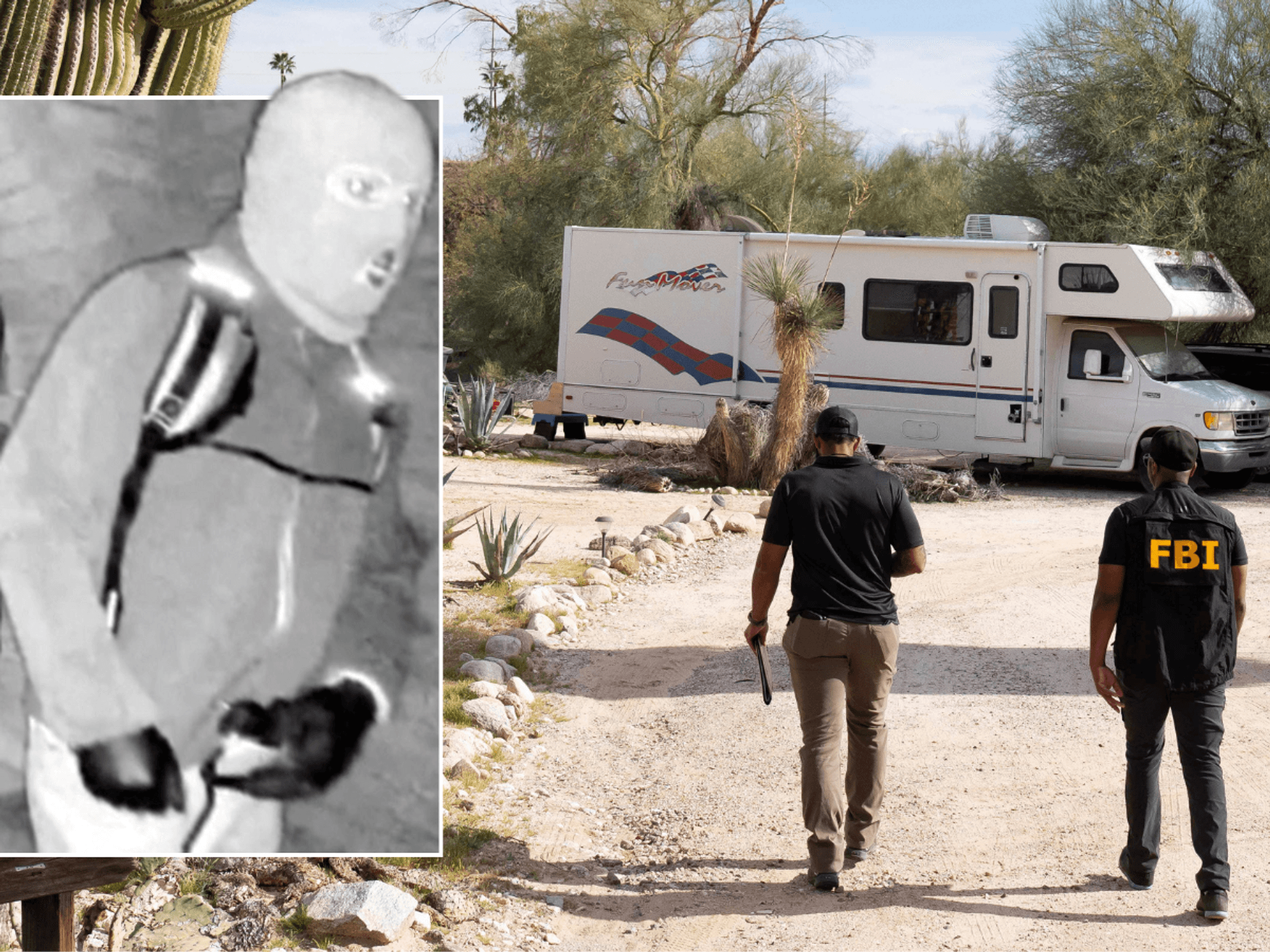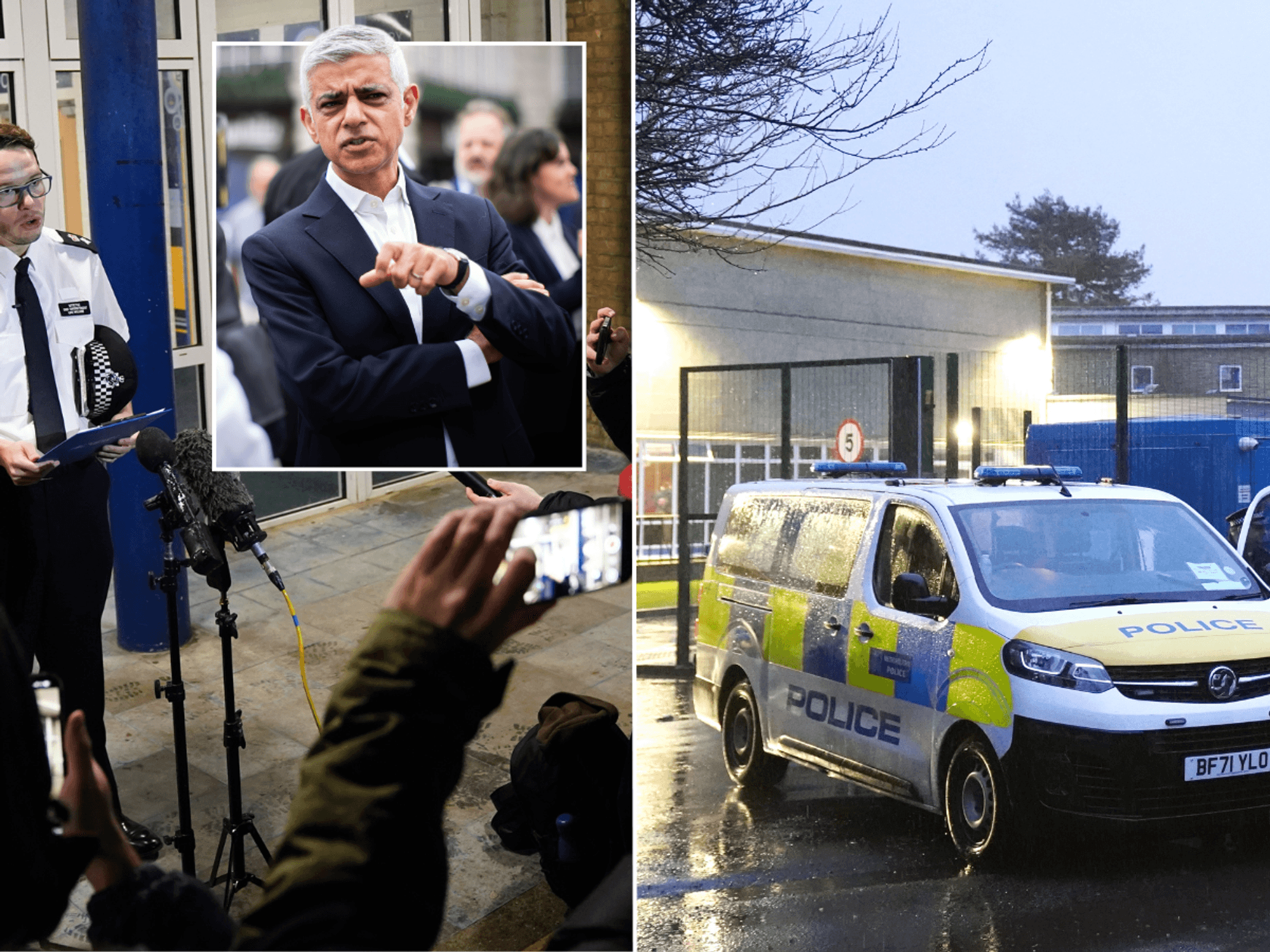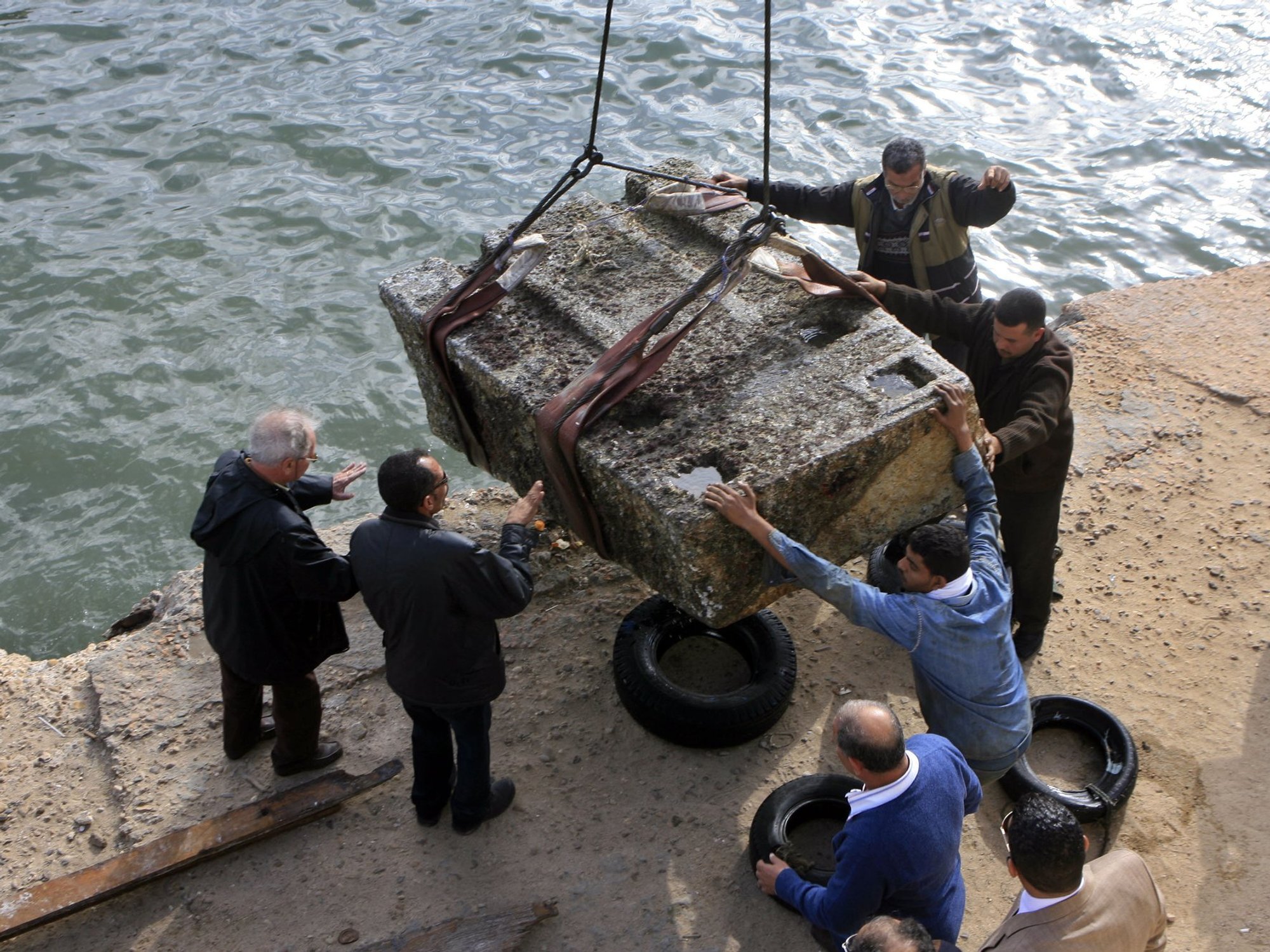Tom Harwood baffled as guest defends £125m as ‘not huge amount’ to protect BATS: ‘Are we on the same planet?!’

WATCH: Tom clashes with campaigner over infrastructure fast track policy |
GB NEWS

Rachel Reeves is considering reforms that would make it harder for concerns about nature to stifle developments
Don't Miss
Most Read
Trending on GB News
GB News star Tom Harwood was exasperated after a campaigner said £125 million was “not a huge amount” for Rachel Reeves to commit to protecting bats preventing infrastructure projects from progressing in Britain.
Ed Molyneux from the Campaign to Protect Rural England joined Tom and Emily Carver on the People’s Channel to discuss the Chancellor’s new ploy to speed up projects.
**ARE YOU READING THIS ON OUR APP? DOWNLOAD NOW FOR THE BEST GB NEWS EXPERIENCE**
Ms Reeves is considering reforms that would make it harder for concerns about nature to stifle developments.
Mr Molyneux acknowledged on the People’s Channel that Britain has a problem with its building projects, but said it should not come at a cost to its nature.
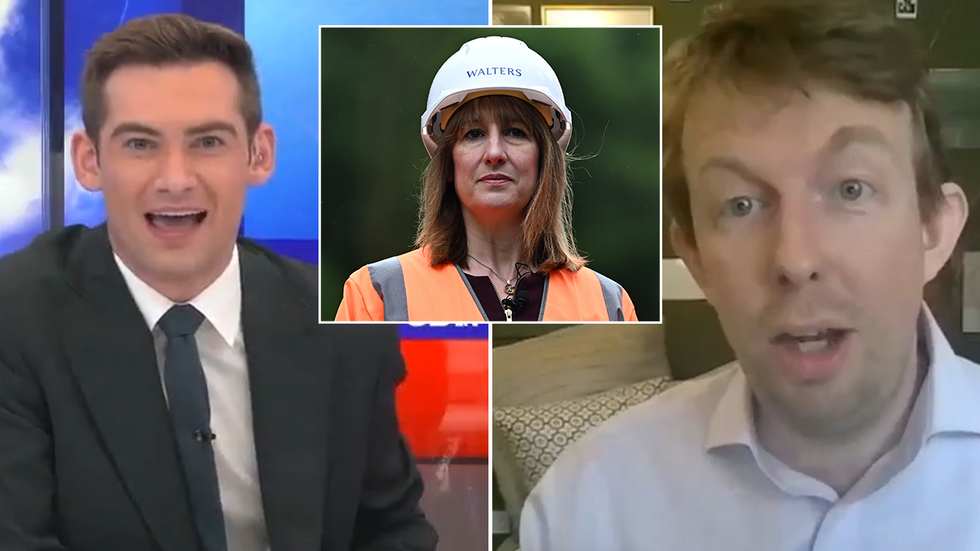
Mr Molyneux said £125 million was not a huge total in the grand scheme of things for Rachel Reeves to commit to defending bats
|GB NEWS
“There’s a huge problem in this country about getting things built, but the main reason is because we have a Government that doesn’t know what it’s doing”, he said.
“They’ve got a new set of planning and infrastructure going before Parliament but we haven’t seen what the changes are.
LATEST DEVELOPMENTS
- Afghan asylum seeker APOLOGISES on GB News after ‘moving into property where two children evicted’
- London council fuels patriotism row by taking down Union and St George's flags
- Council told it risks wasting thousands of taxpayers’ cash on legal battle over ‘swearing ban’
“Also, a failure to get a grip on projects. The one always mentioned is HS2. That’s an extremely poorly managed project over many years that has cost significantly more than it said it would.
“I don’t think it’s environmental regulations that are the problem, it’s governments not being able to manage projects well.”

Mr Molyneux joined Tom Harwood and Emily Carver on GB News
|GB NEWS
Tom countered: “Ed, isn’t one of the reasons the Government can’t manage projects like HS2 is that there are a million quangos that stick their grubby little mits in the project?
“There was a plan for HS2 until Natural England came along and said there might be two or three hundred bats that might get in the way of the train and therefore you have to a £125 million lattice structure over the track to allow bats to continue their commute through a wood.”
Mr Molyneux argued that the quoted sum was relatively little, prompting a reaction of exasperation from Tom.
“£125 million? Not a significant amount? Are we living on the same planet?”, he asked.
Mr Molyneux sidestepped the probing, leading Tom to ask him to “settle the £125 million question”.
The campaigner argued: “I’m saying that for an £100bn project, £125 million is not a significant proportion of it.
“I’m not going to get into a discussion about this.”
“Why won’t you answer the question?”, Tom hit back. “I think it’s frankly ludicrous to spend this on 200 or 300 bats. We spend more per bat than per person in transport in this country.”
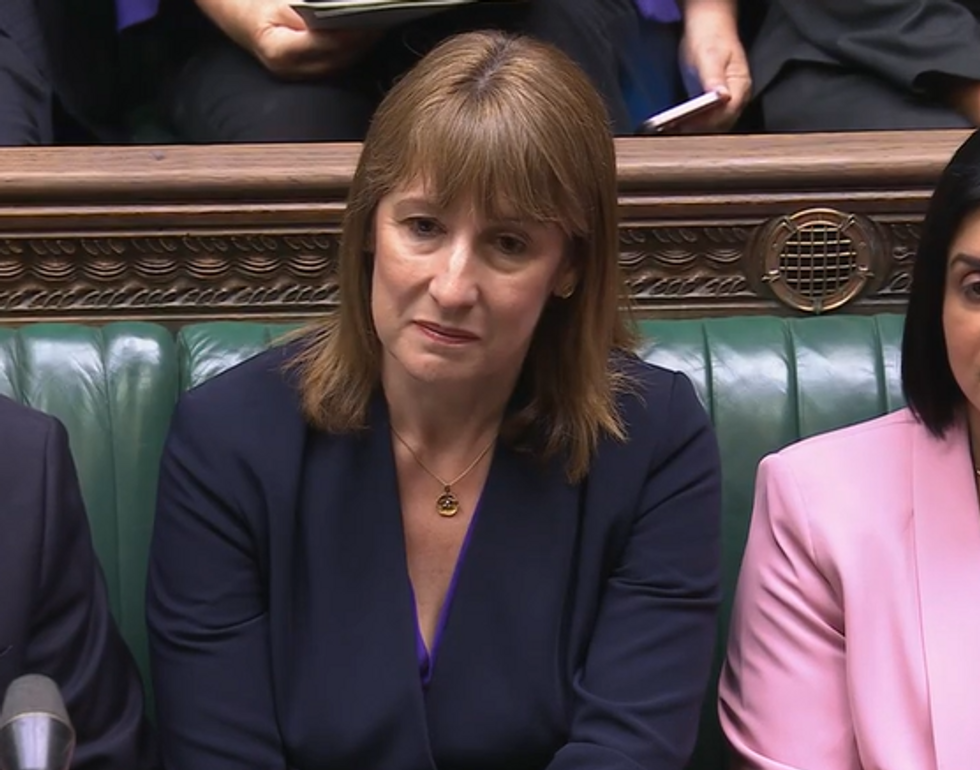 Rachel Reeve has unveiled drastic changes to the pension | GBNEWS
Rachel Reeve has unveiled drastic changes to the pension | GBNEWSThe campaigner said: “This is not a false dichotomy between nature and development. We need both. We need to protect and enhance our natural environment and we also need to build.”
Additionally, the Treasury is exploring mechanisms to restrict environmental campaigners' ability to mount legal challenges against infrastructure projects, potentially limiting judicial review opportunities that have previously delayed major developments.
The chancellor's determination to prioritise development over wildlife emerged clearly during testimony to the House of Lords economic affairs committee last month.
"The reason that HS2 is not coming to my city of Leeds anymore anytime soon, is because I'm afraid, as a country, we've cared more about the bats than we have about the commuter times for people in Leeds and West Yorkshire, and we've got to change that," Ms Reeves stated.
She added: "Because I care more about a young family getting on the housing ladder than I do about protecting some snails, and I care more about my energy bills and my constituents than I do about the views of people from their windows."
Notable examples of expensive wildlife protections include a £100m tunnel constructed in Buckinghamshire to protect bats from HS2 trains and acoustic deterrents at Hinkley Point C nuclear facility, dubbed a "fish disco", designed to keep fish away from cooling water intakes.
Conservation organisations have expressed alarm at the potential regulatory rollback. Paul Miner from countryside charity CPRE warned The Times that dismantling habitat regulations would "take us backwards rather than forwards on nature recovery".
The proposed reforms have attracted criticism from multiple quarters, with environmental groups concerned about the long-term ecological impact of weakening protections.
Developers themselves have expressed doubts about whether the measures would achieve their stated aims of accelerating construction timelines.
Both the existing Planning and Infrastructure Bill and these reported additional reforms face scepticism from stakeholders who question their effectiveness in delivering faster infrastructure development whilst maintaining environmental standards.
More From GB News






